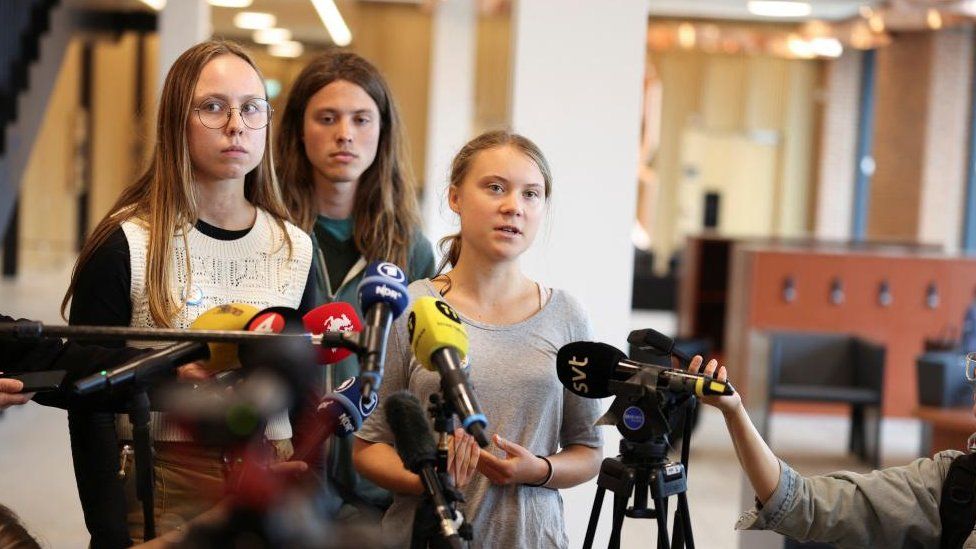The government's plans to alter the functioning of the judicial system have sparked one of the worst domestic crises in Israel's history. Here is a quick summary of what is happening.
People opposed to the government's reform plans have been holding sizable weekly protests since the beginning of the year. Thousands of people have been filling the streets of towns and cities all across the nation as the protests have grown in size.
Undeterred, the government passed the first proposed change—a "reasonableness" bill—into law on Monday, eliminating the Supreme Court's authority to overturn decisions it finds to be unreasonable.
Protesters have demanded that the Prime Minister, Benjamin Netanyahu, step down and that all planned reforms be abandoned. Their supporters include Mr. Netanyahu's political adversaries, former senior military, intelligence, and security service officers, former chief justices, well-known attorneys, and business executives, among others.
Hundreds of military reservists, including air force pilots vital to Israel's defense, have threatened to not report for duty in a move that has alarmed both sides. Due to this, there have been warnings that the country's security may be seriously compromised.
The reforms, according to Mr. Netanyahu's detractors, will seriously erode the nation's democracy by weakening the judicial system, which is the only mechanism for limiting the use of power by the government. .
Strong opposition to Mr. Netanyahu personally as well as the type of government that is currently in place—the most right-wing in Israel's history—underlies this.
The reforms, according to critics, will shield Mr. Netanyahu, who is currently facing charges of corruption (he denies the allegations), and they will make it easier for the government to pass laws without any checks.
The government contends that the judiciary meddles too much in legislative matters, is biased in favor of liberal causes, and chooses judges in an undemocratic manner.
They are about the government's authority versus the courts' ability to review and even overturn government decisions. Although the plans go much further than many people would like, the government and others argue that reform is long overdue.
In addition to the "reasonability" law, the government desires to.
- Reduce the Supreme Court's authority to review or overturn laws so that the Knesset (parliament) could overturn such rulings with a simple majority of one.
- by increasing its representation on the committee that selects judges, you will be able to exert a decisive influence over who is appointed to the courts, including the Supreme Court.
- Eliminate the current legal requirement that ministers follow the counsel of their legal advisors, as directed by the attorney general.
The crisis appears destined to worsen as a result of the rage in the streets and the ongoing struggle of wills.
On the remaining reforms, Mr. Netanyahu has stated that he will work to secure broad public support during the Knesset's summer break (August to mid-October).
However, the prime minister's government would fall apart without the support of the far-right ministers in his cabinet. These ministers insisted that the reforms must be passed as-is.
The opposition asserts that it won't resume negotiations unless the current course is reversed.
With no end to the unrest in sight, Israel's largest labor union has threatened a general strike, and protesters have vowed to intensify their demonstrations.







